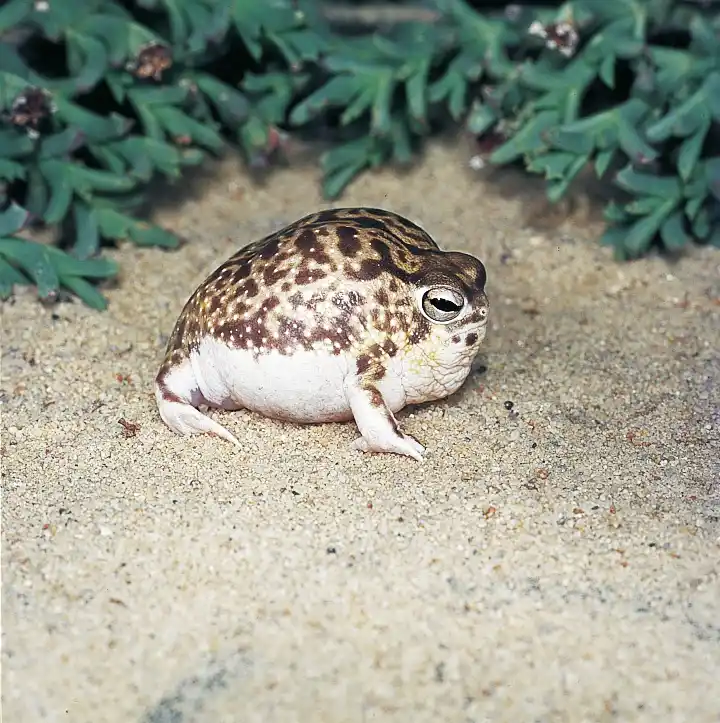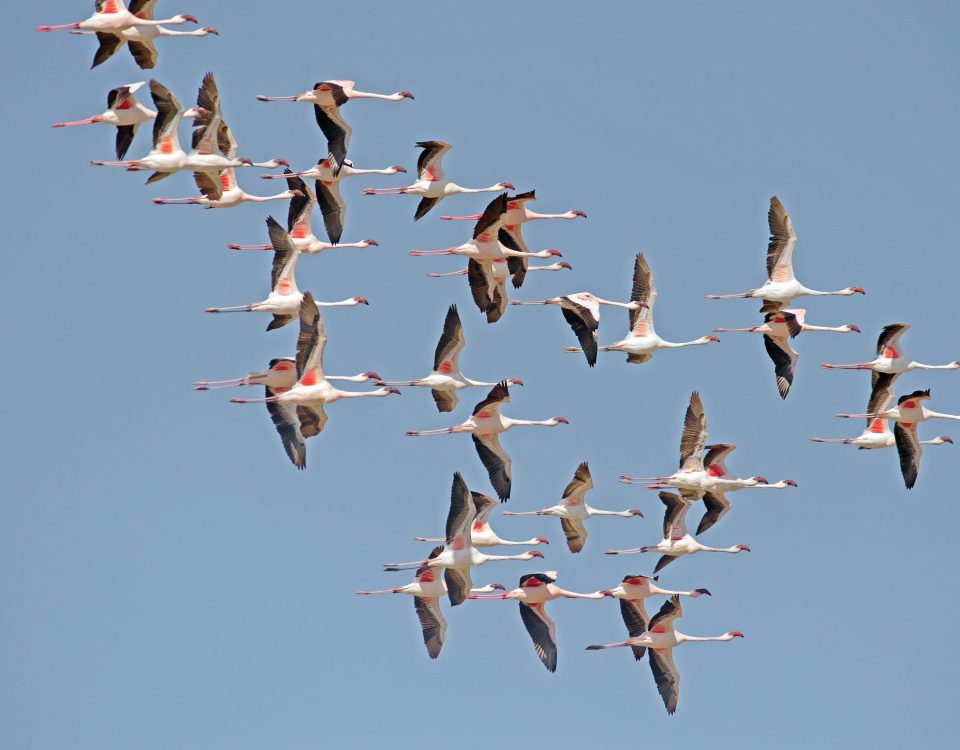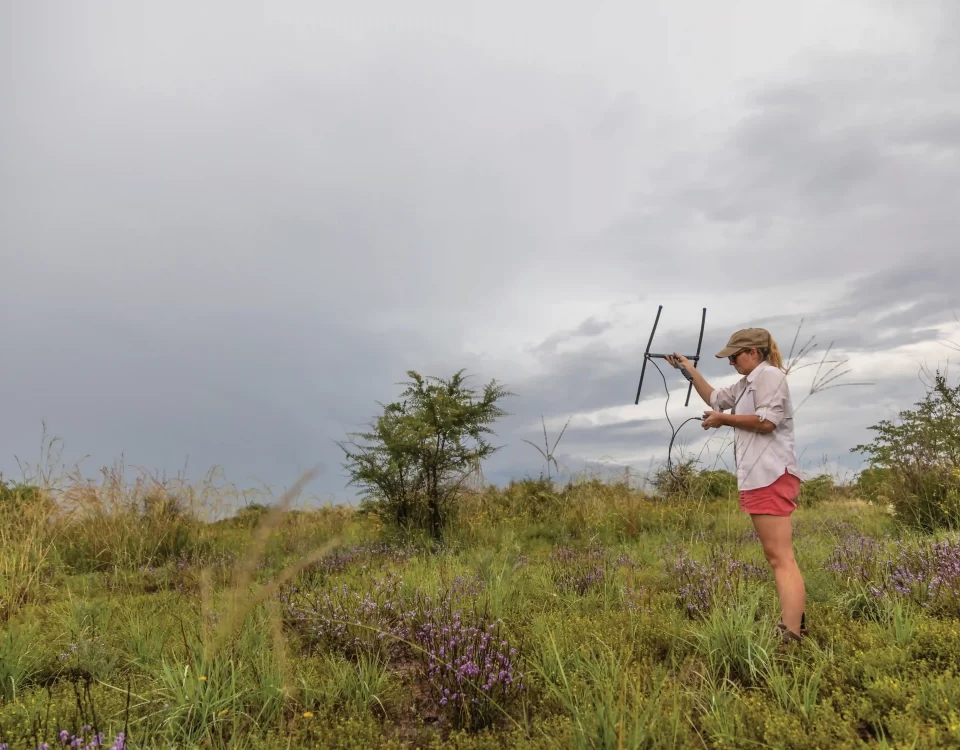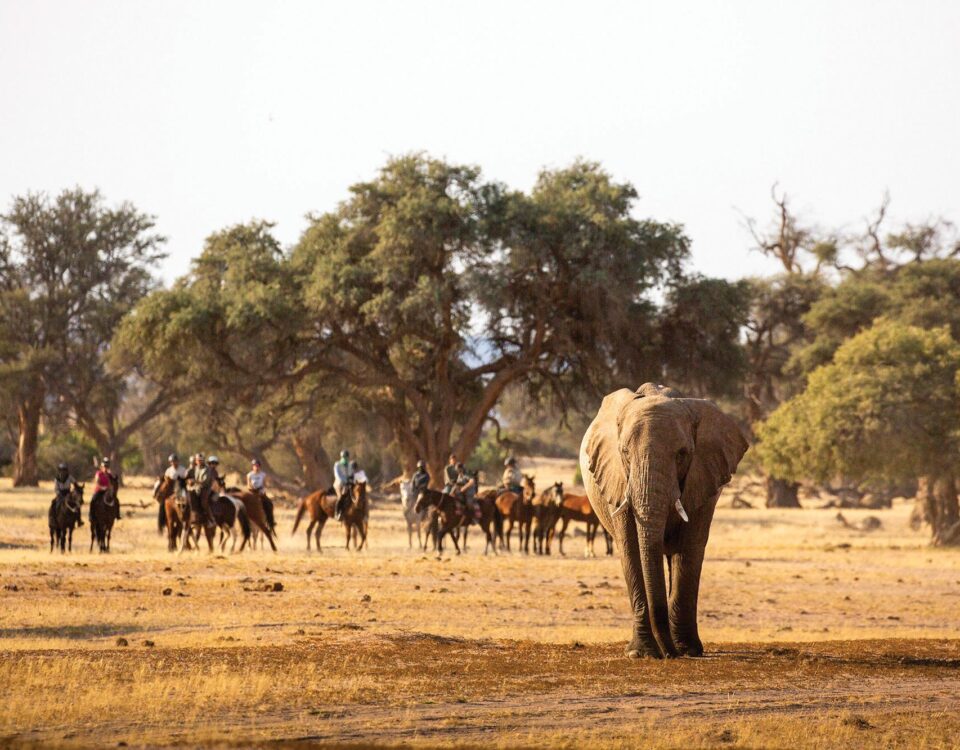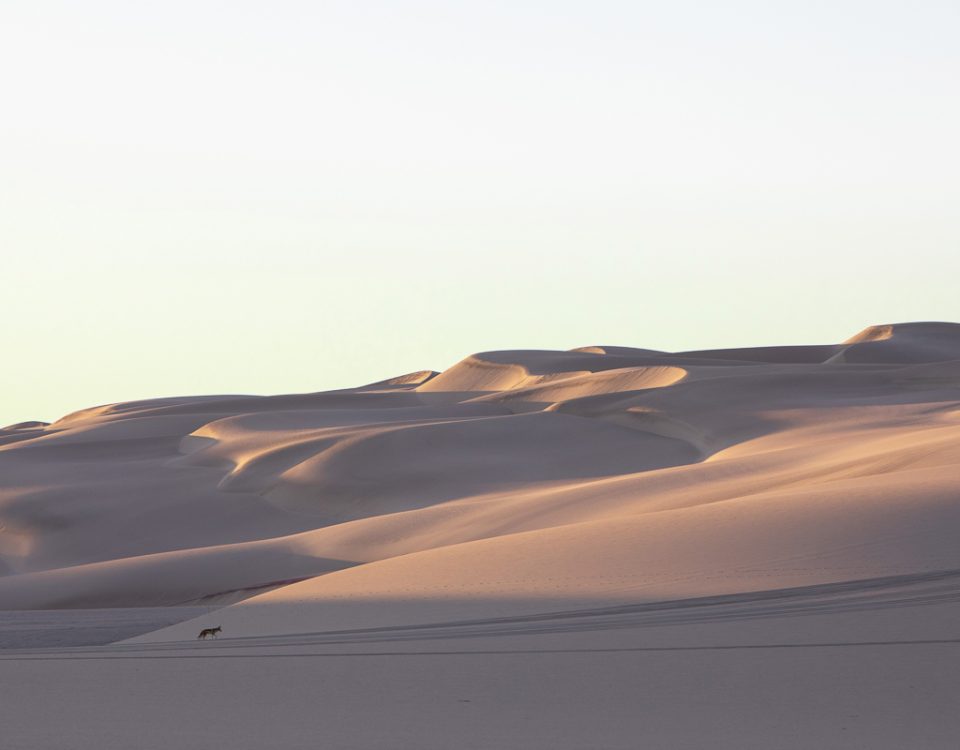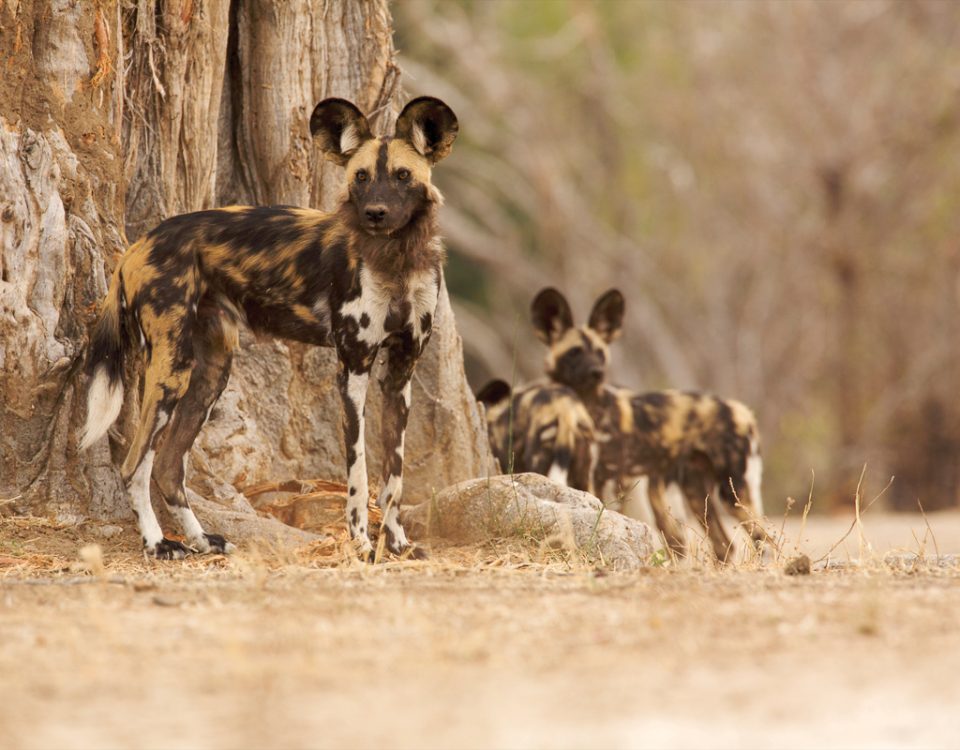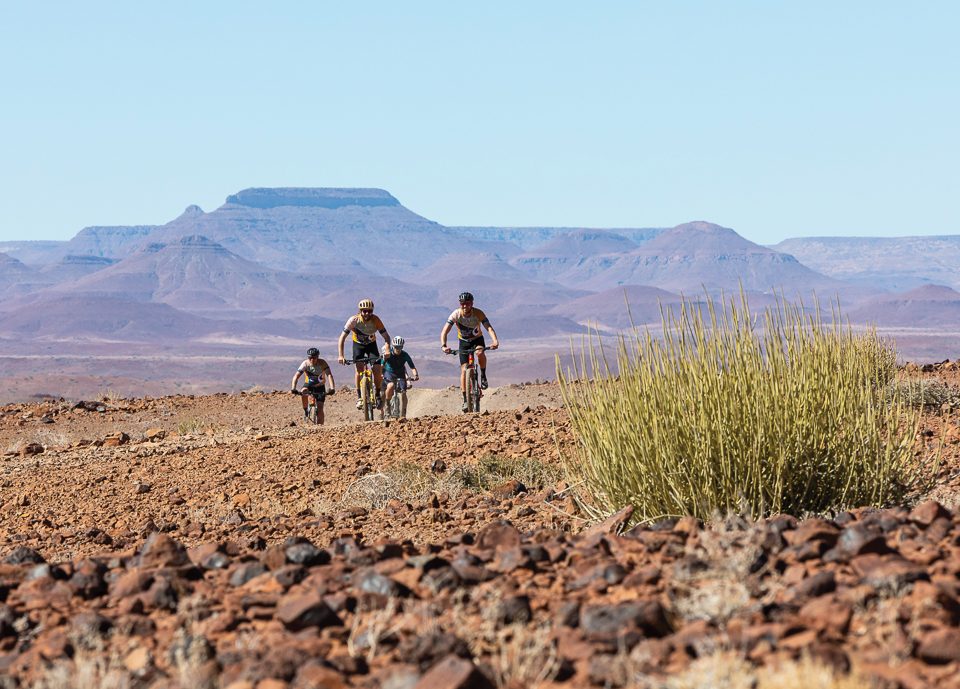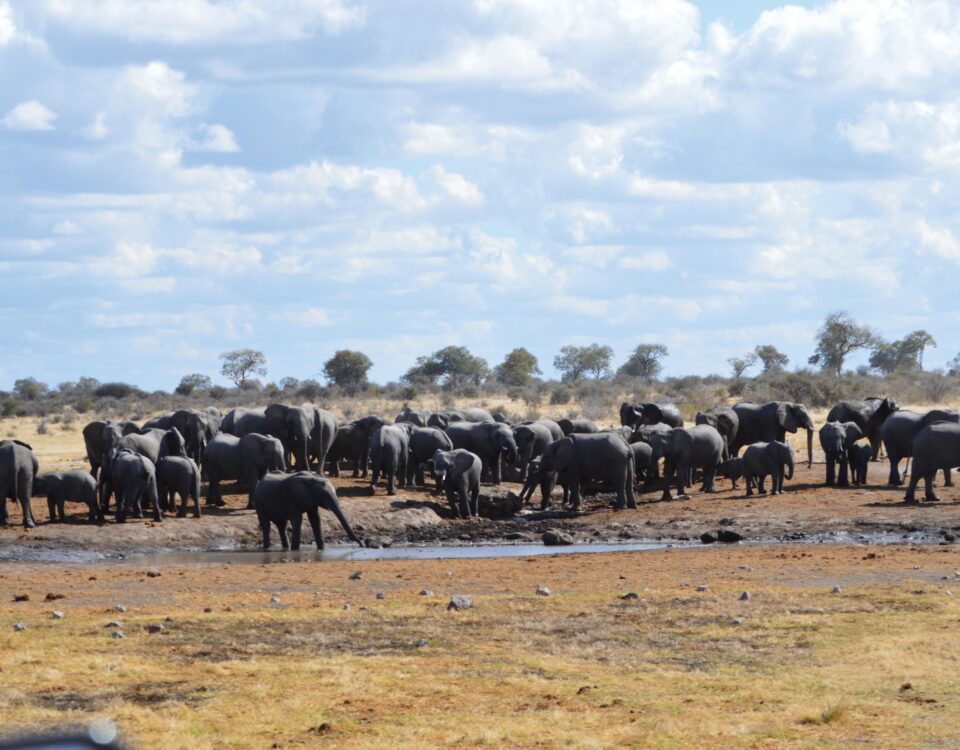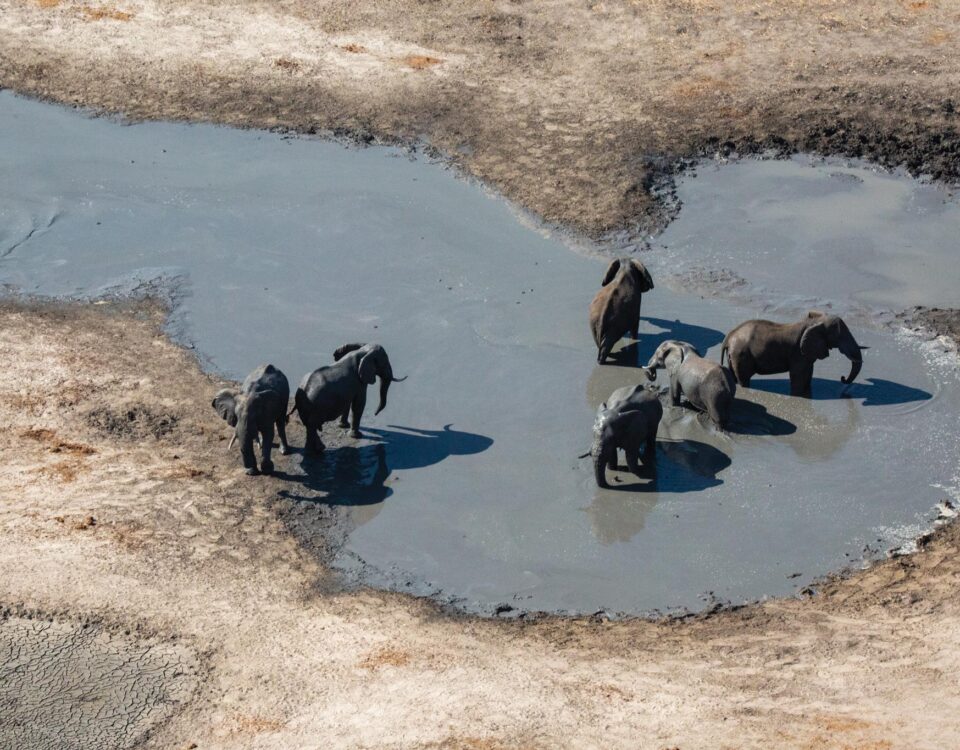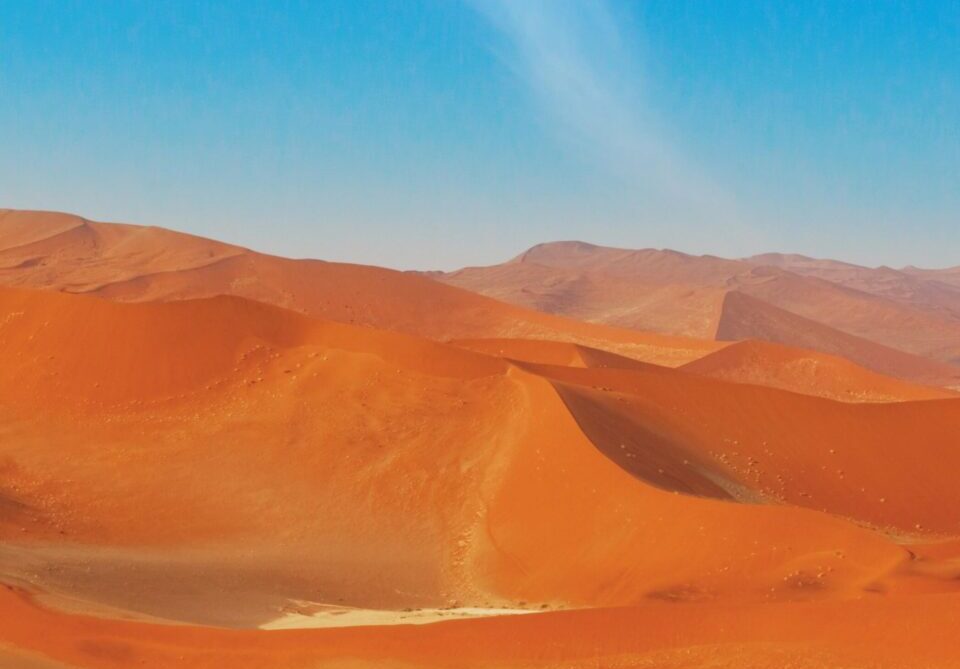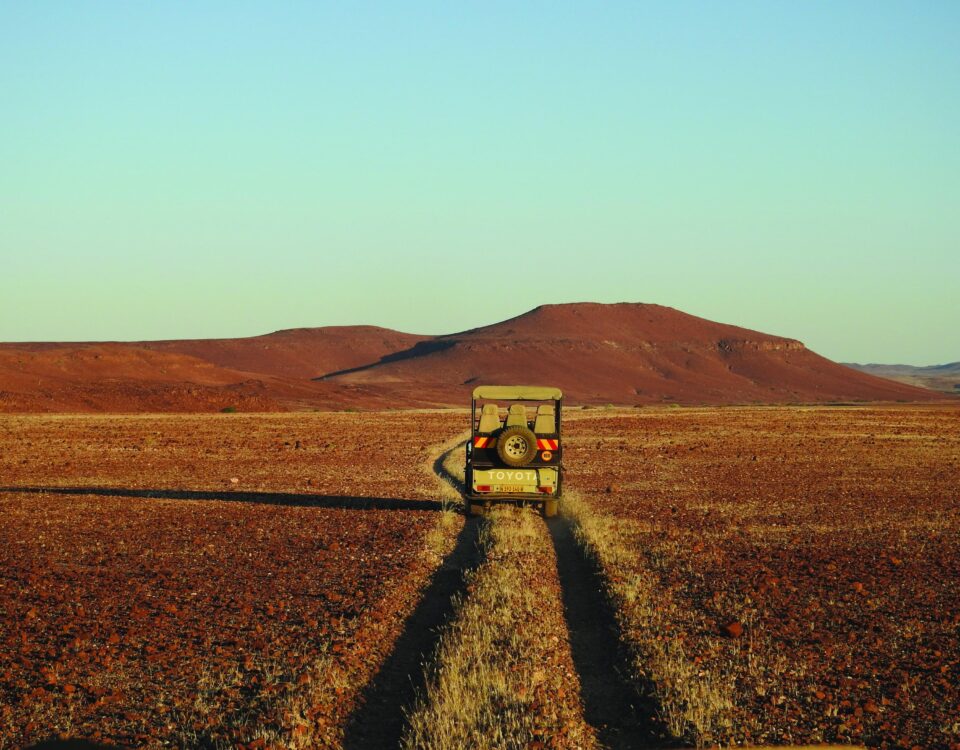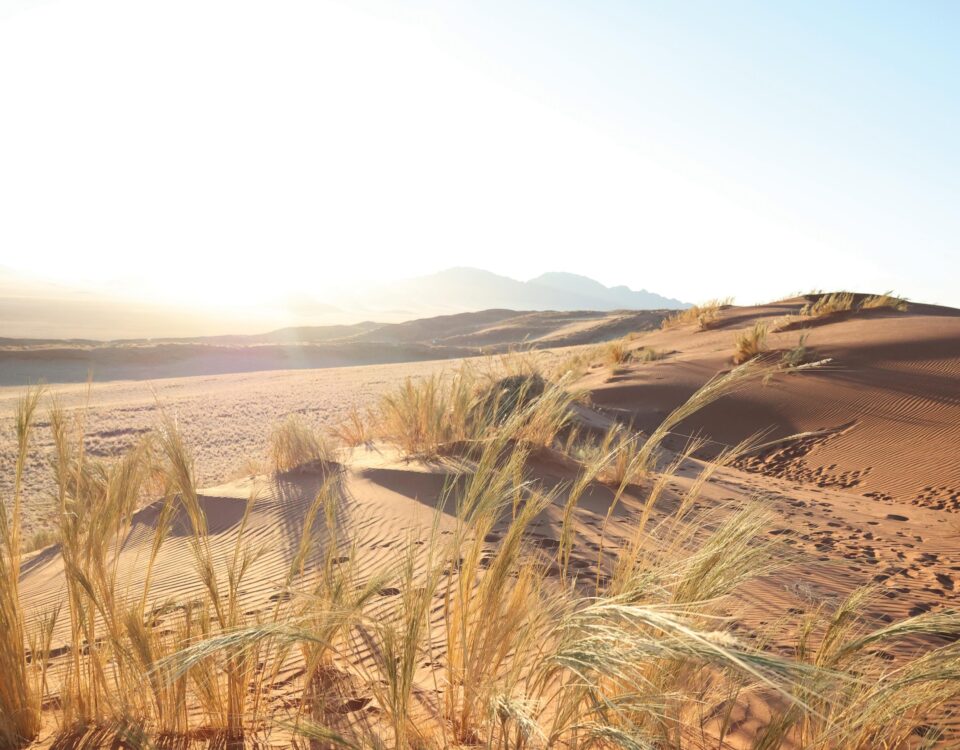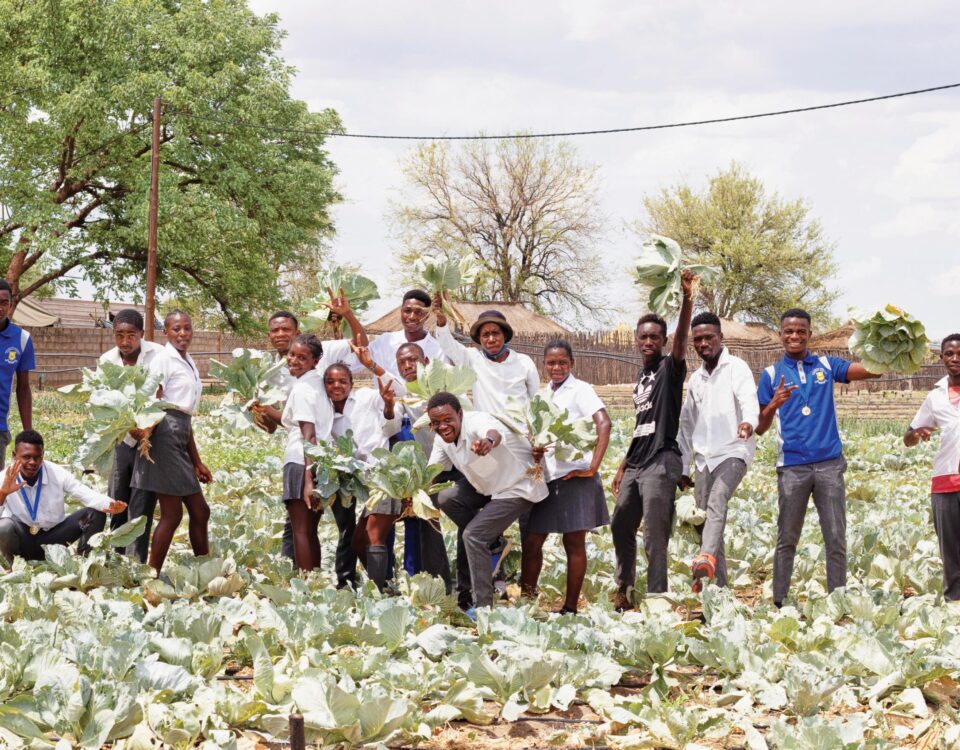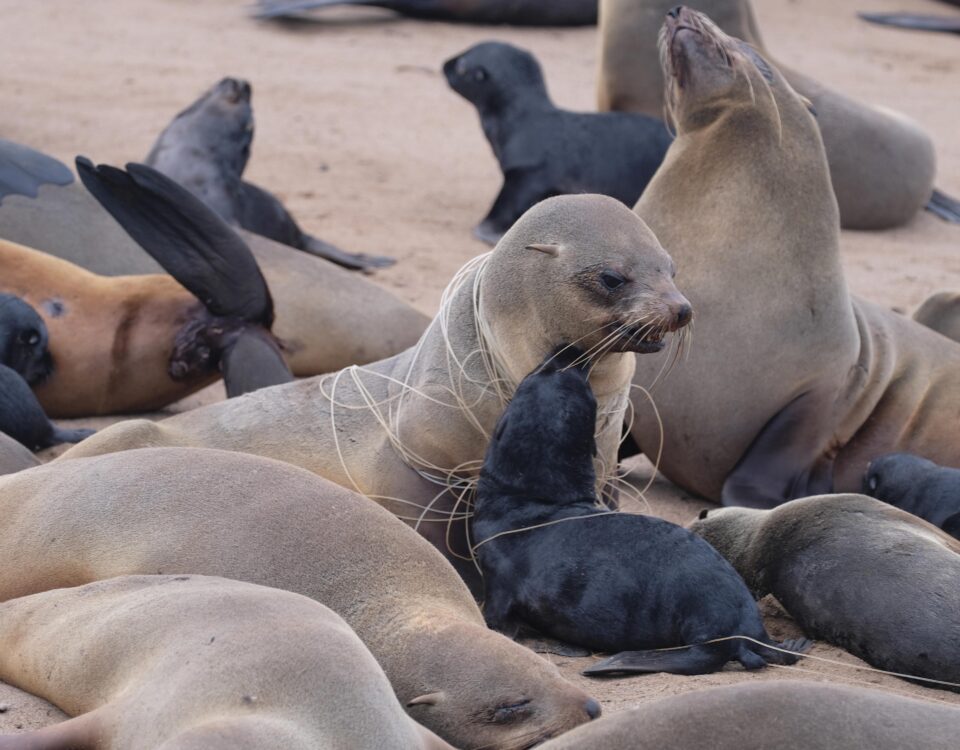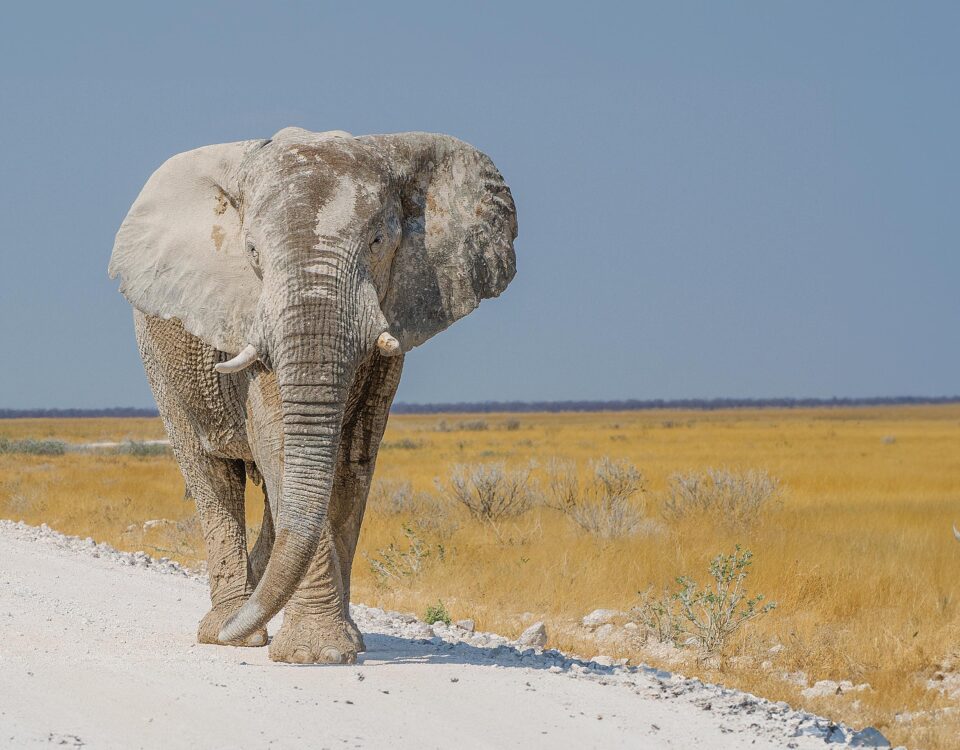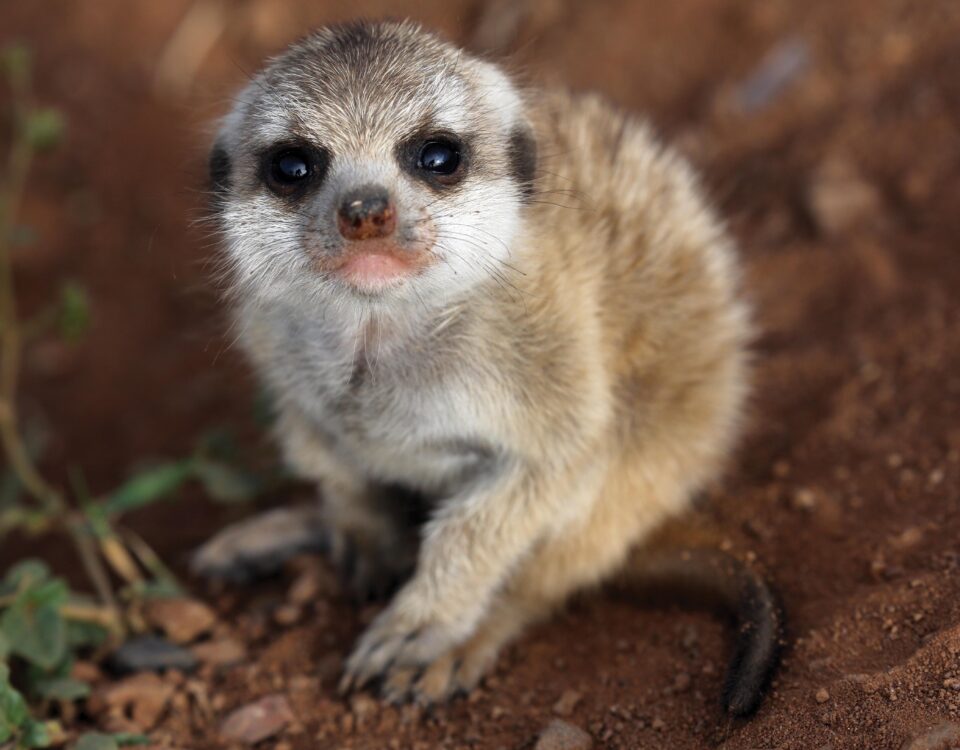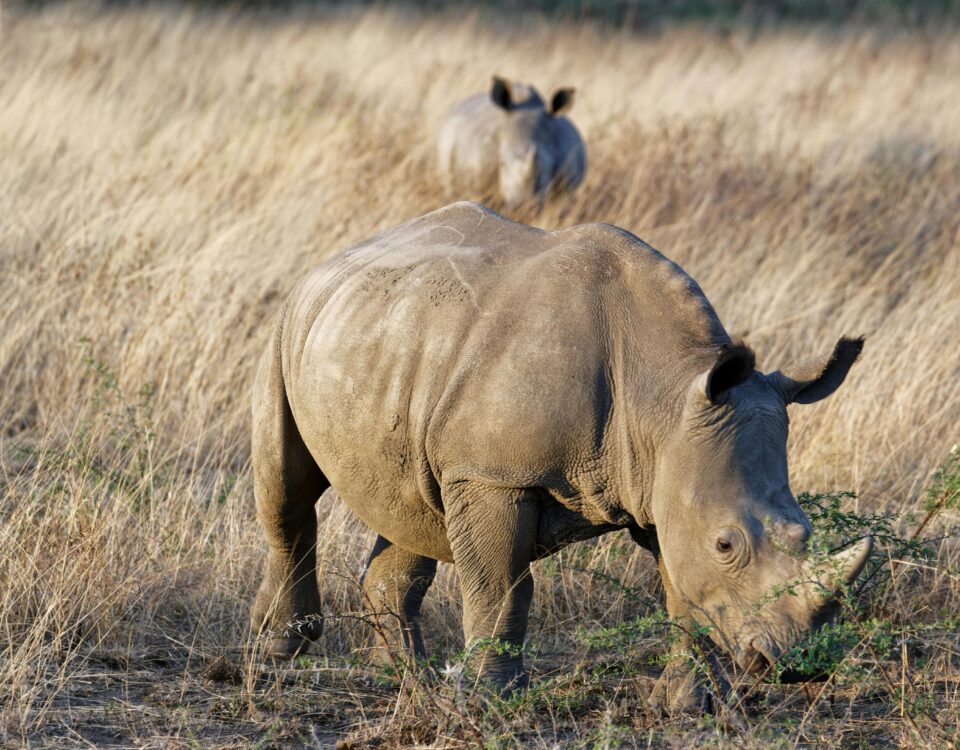On the edge of the Namib Desert, at the gateway to Sossusvlei, lies the village of Maltahöhe. Founded in 1899 and once a hub for tourism, Maltahöhe has been on a steady decline for a number of decades. As it became more dilapidated, this small southern community saw an exodus of businesspeople and a massive spike in unemployment. What had been a welcome stopover was now a place that visitors would rather pass through in a hurry. But this was in the past, and today Maltahöhe is on track to become a thriving desert-based economy thanks to an exciting community revitalisation project called RuralRevive.

